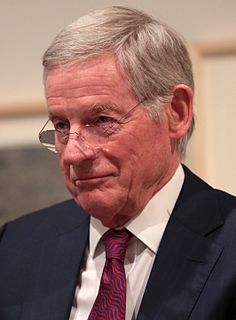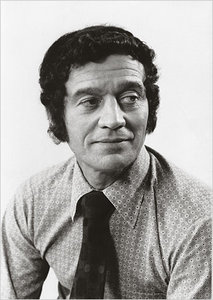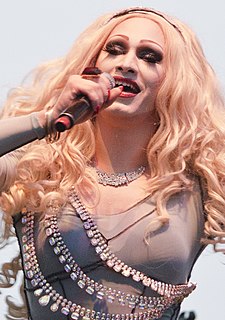A Quote by Kate Bornstein
Sex is f-king, everything else is gender.
Quote Topics
Related Quotes
Gender is not something that one is, it is something one does, an act... a "doing" rather than a "being". There is no gender identity behind the expressions of gender; that identity is performatively constituted by the very "expressions" that are said to be its results. If the immutable character of sex is contested, perhaps this construct called 'sex' is as culturally constructed as gender; indeed, perhaps it was always already gender, with the consequence that the distinction between sex and gender turns out to be no distinction at all.
I think growing up, the assimilation of most cultural conventions typically encouraged by a heightened awareness of gender and sex encourages a sort of separation of the self. What's so special about 'Hanna' is that her upbringing has negated this indoctrination; she's almost absolved of the pressures of gender or gender itself.
I am a men's liberationist (or "masculist") when men's liberation is defined as equal opportunity and equal responsibility for both sexes. I am a feminist when feminism favors equal opportunities and responsibilities for both sexes. I oppose both movements when either says our sex is THE oppressed sex, therefore, "we deserve rights." That's not gender liberation but gender entitlement. Ultimately, I am in favor of neither a women's movement nor a men's movement but a gender transition movement.
Sex almost always disappoints me in novels. Everything can be said or done now, and that's what I often find: everything, a feeling of generality or dispersal. But in my experience, true sex is so particular, so peculiar to the person who yearns for it. Only he or she, and no one else, would desire so very much that very person under those circumstances. In fiction, I miss that sense of terrific specificity.
Some trans people thought that in claiming that gender is performative that I was saying that it is all a fiction, and that a person's felt sense of gender was therefore "unreal." That was never my intention. I sought to expand our sense of what gender realities could be. But I think I needed to pay more attention to what people feel, how the primary experience of the body is registered, and the quite urgent and legitimate demand to have those aspects of sex recognized and supported.
































